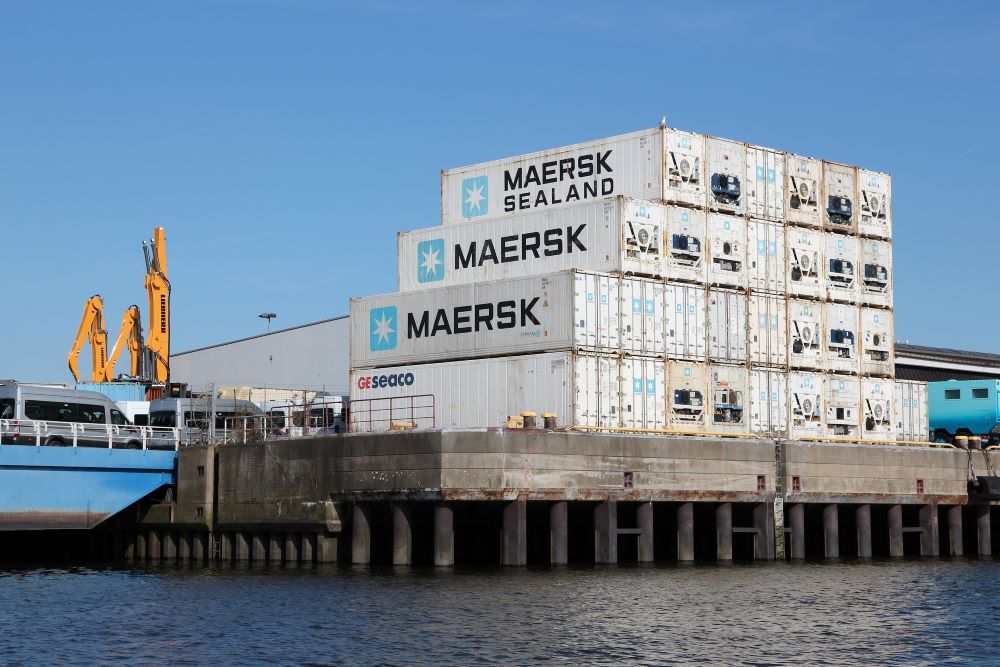 Shipping and logistics giant Maersk has posted its highest ever profits for the first quarter of the year and expects Q2 to be even better.
Shipping and logistics giant Maersk has posted its highest ever profits for the first quarter of the year and expects Q2 to be even better.
International trade’s bellwether company reported a $6.8bn net profit despite a $718m hit on its Russian activities and carrying 7% less volume on its ships.
Revenue grew by 55% on Q1 2021, to $19.3bn, as more shippers committed to higher, long-term contract rates and more of them to used Maersk logistics services, reports Loadstar.
Rates almost double
Although volumes carried by its ship were down 6m teu, due to increased port congestion, freight revenue average rate was up to $2,276 per teu, compared with $1,331 last year, bringing in $13.6bn.
However, chief executive Soren Skou told the FT that that company was assuming a slowdown in the second half of the year, with a “sharp decline” in rates.
“The visibility is quite low. Mainly we see risks building up in the economy, in China with the Covid-19 policy, where they use these very hard lockdowns, some downgrades due to a very high oil price,” he said.
Withdrawal from Russia
Maersk reduced the value of its Russian assets as the company ended all business with the country, Maritime Executive reports.
The last Maersk container ship left Russia at the beginning of this week after completing the remaining contracts in its system.
Maersk estimates it left 20,000 containers behind in Russia and is negotiating the sale of its interest in Global Ports while also writing down the $485 million value of the investment.
The company saw growth over all sectors of its activities, including logistics where it has built increased capacity in recent years through acquisitions.
Maersk’s logistics businesses grew revenue by 41%, to $2.9bn. In terminals, revenue increased to $1.1bn, versus $915m the year before, on flat volume of 3.1m teu.



